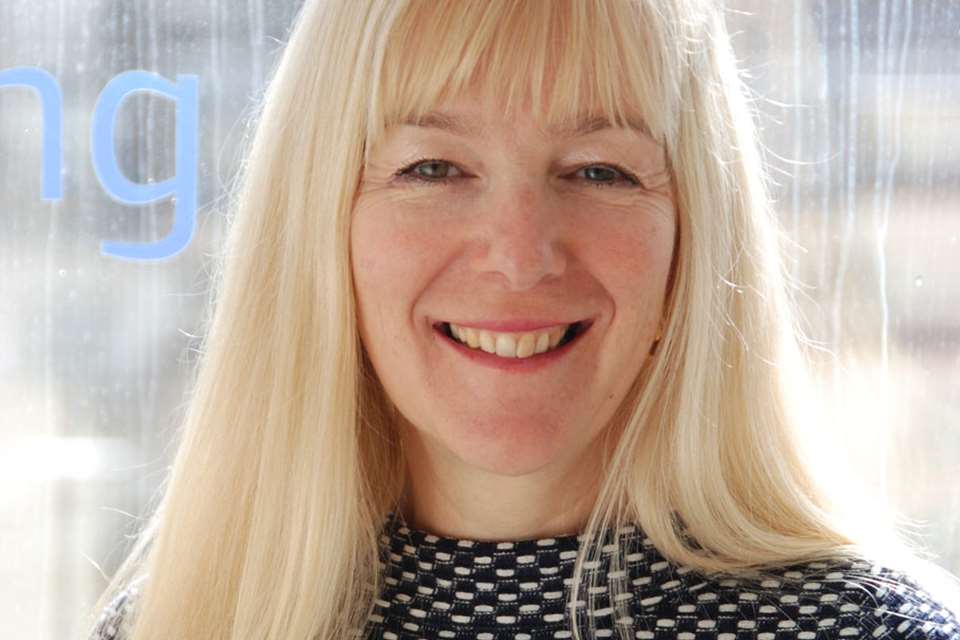One third of two-year-olds missing out on early years places
Thursday, July 14, 2016
‘Tens of thousands’ of poorer two-year-olds are missing out on free early education places and £200 million in unspent funding, an Ofsted report claims.

According to the inspectorate, 80,000 eligible children missed out on a free early years place last year. This is despite the fact that there has been a 10 per cent increase in take-up since Ofsted reported on this in June last year.
Chief inspector Sir Michael Wilshaw commissioned a survey to evaluate the effectiveness of local authorities and early years providers in tackling the issues facing disadvantaged families and their young children.
The report said that the failure to reach the poorest children meant that 'tens of thousands' of poor children were losing out as more than £200 million set aside to fund free places for two-year-olds goes unspent.
At a time when quality in early years settings has never been higher, with 86 per cent of nurseries, pre-schools and childminders rated good or outstanding, the poorest children are not benefitting from this, the report said.
This was because in the most disadvantaged areas the number of children in early years settings that are less than good is 18 per cent, more than twice that for children in more prosperous areas (8 per cent).
The report is based on an online survey of local authorities in January, followed up by Ofsted inspector visits to 15 of them to focus on the effectiveness of each area’s plans in tackling issues surrounding disadvantaged children and their families.
Inspectors also visited 43 providers, including schools, nurseries and childminders in nine of these 15 local authorities.
Sir Michael Wilshaw said, ‘It is clear from our survey that some local authorities, schools and early years settings are making effective use of the funding available to them to give poorer children the good start they so desperately need. Strong leaders at the town hall level, as well as in individual schools and settings, are demonstrably strategic, innovative and committed to making a difference.
‘However, there was a discernible lack of such ambition in a few of the local authorities we visited. Any potential for improving the prospects of the most disadvantaged young children was too often thwarted by weak leadership, ineffective managerial oversight, duplication and inefficiency. In these councils, Government funding was not being used in a sufficiently targeted, co-ordinated way to make a difference.
‘It is clear from our findings that action is needed on a national and local level to address these variations and to ensure the weakest places learn from the best. Early education has the potential to drive social mobility and improve outcomes for the next generation. We should not let them down.’
In the foreword to the report, Unknown children - destined for disadvantage?, Sir Michael also said that it was ‘worrying’ that so few schools were taking two-year-olds because as he had made clear before he firmly believed that ‘schools are best placed to lead on the necessary help needed by very young children from disadvantaged homes who are at risk of falling behind.’
Commenting on the report, Purnima Tanuku chief executive of National Day Nurseries Association, said, ‘It’s great that the benefit of high-quality early years education for disadvantaged two year olds is recognised in this report.
‘But there is clearly more work to be done to ensure as many disadvantaged two-year-olds as possible are able to take up the places they are entitled to.
‘The report highlights the need to make sufficient numbers of high-quality places available. Better funding levels is the key to ensuring this.
‘Chronic underfunding is causing some nurseries limit the numbers of two-year-old funded places that they are able to offer.’
NDNA’s Annual Nursery Survey 2016 found 54 per cent of nurseries offering free two-year-old places made an annual average loss of £718 per child or £6,463 in total per nursery.
Neil Leitch, chief executive of the Pre-school Learning Alliance, said, he welcomed the call from Ofsted for more to be done to support children from disadvantaged backgrounds, but added, ‘That said, quality costs, and the fact remains that many early years settings – and particularly those in disadvantaged areas continue to struggle as a result of a lack of adequate funding.
‘This has meant that for many delivering funded two-year-old places – which often involves providing one-to-one care and spending a significant amount of time working with external agencies – is not financially sustainable, and so we are not surprised that many councils describe finding enough providers to deliver these places as a “constant challenge”.’
Liz Bayram, chief executive, PACEY, said, ‘Even though more children than ever before are utilising free early education places, the most deprived communities are not being reached. It is those children, from the poorest backgrounds, for whom high quality early years education can make the most difference. We recognise the vital role that childcare professionals play in giving children the best start in life and it is critical that local authorities, settings and government come together alongside sector representatives to find a way to reach those most in need.’
A Department for Education spokesperson said, 'All children, regardless of background, deserve the best possible start in life. It is great that more two-year-olds from disadvantaged families are benefitting from free childcare and more providers are stepping up to deliver this offer – extending opportunity to all.
'We know quality childcare is hugely important for families and key to children’s life chances. We are investing an extra £1 billion per year by 2019/20 to help working families with the cost of childcare - so that parents can go back to work or work longer hours if they choose to.'
- Read Ofsted deputy director early years Gill Jones' blog on the report.





